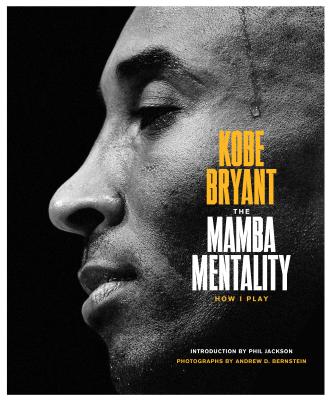This book plunges into the contentious and historically rich practice of dehorning cattle, a topic that has sparked debate from Maine to Mexico. With a blend of personal narrative and instructional guidance, the author, heralded as the Great Dehorner, shares his extensive experience in the field. This journey began from a deeply personal aversion to the dangers posed by horned cattle, shaped by numerous harrowing incidents that led to a resolute conviction horns must go.
Set against the backdrop of late 19th-century agricultural practices, the book offers insights into animal husbandry challenges and solutions of that era, reflecting broader themes of human-animal relationships and technological advancements in farming. The author's pioneering efforts in dehorning not only demonstrate an early form of animal management technology but also engage with ethical considerations that resonate with contemporary discussions around animal welfare.
Thematic depth is added through the exploration of resistance against change, innovation in response to necessity, and the impact of personal conviction on professional practices. These themes are woven together with practical advice and vivid recounting of experiences that underscore the significance of adaptation and empathy in addressing longstanding agricultural challenges.
Ultimately, this book provides a compelling glimpse into a transformative period in livestock management while offering timeless insights into overcoming adversity with innovation and determination. It is an essential read for those interested in agricultural history, animal welfare, and the enduring influence of individual action on collective practices.
This book plunges into the contentious and historically rich practice of dehorning cattle, a topic that has sparked debate from Maine to Mexico. With a blend of personal narrative and instructional guidance, the author, heralded as the Great Dehorner, shares his extensive experience in the field. This journey began from a deeply personal aversion to the dangers posed by horned cattle, shaped by numerous harrowing incidents that led to a resolute conviction horns must go.
Set against the backdrop of late 19th-century agricultural practices, the book offers insights into animal husbandry challenges and solutions of that era, reflecting broader themes of human-animal relationships and technological advancements in farming. The author''s pioneering efforts in dehorning not only demonstrate an early form of animal management technology but also engage with ethical considerations that resonate with contemporary discussions around animal welfare.
Thematic depth is added through the exploration of resistance against change, innovation in response to necessity, and the impact of personal conviction on professional practices. These themes are woven together with practical advice and vivid recounting of experiences that underscore the significance of adaptation and empathy in addressing longstanding agricultural challenges.
Ultimately, this book provides a compelling glimpse into a transformative period in livestock management while offering timeless insights into overcoming adversity with innovation and determination. It is an essential read for those interested in agricultural history, animal welfare, and the enduring influence of individual action on collective practices.
Get Dehorning Cattle by at the best price and quality guranteed only at Werezi Africa largest book ecommerce store. The book was published by Sothis Press and it has pages. Enjoy Shopping Best Offers & Deals on books Online from Werezi - Receive at your doorstep - Fast Delivery - Secure mode of Payment
 Jacket, Women
Jacket, Women
 Woolend Jacket
Woolend Jacket
 Western denim
Western denim
 Mini Dresss
Mini Dresss
 Jacket, Women
Jacket, Women
 Woolend Jacket
Woolend Jacket
 Western denim
Western denim
 Mini Dresss
Mini Dresss
 Jacket, Women
Jacket, Women
 Woolend Jacket
Woolend Jacket
 Western denim
Western denim
 Mini Dresss
Mini Dresss
 Jacket, Women
Jacket, Women
 Woolend Jacket
Woolend Jacket
 Western denim
Western denim
 Mini Dresss
Mini Dresss
 Jacket, Women
Jacket, Women
 Woolend Jacket
Woolend Jacket
 Western denim
Western denim
 Mini Dresss
Mini Dresss




